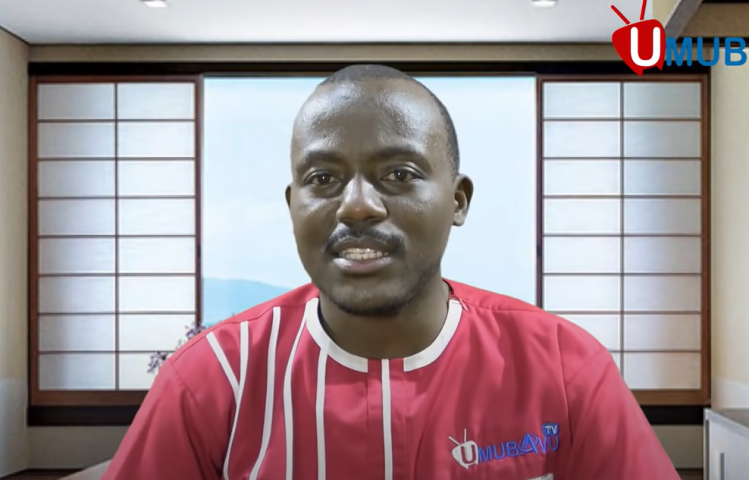
Rwandan journalist Théoneste Nsengimana detained since October 13
Nairobi, November 3, 2021 — Rwandan authorities should immediately and unconditionally release journalist Théoneste Nsengimana and cease harassing members of the press, the Committee to Protect Journalists said today. On October 13, security personnel arrested Nsengimana, who runs the YouTube channel Umubavu TV Online, according to tweets by the Rwanda Investigation Bureau (RIB), a law-enforcement…
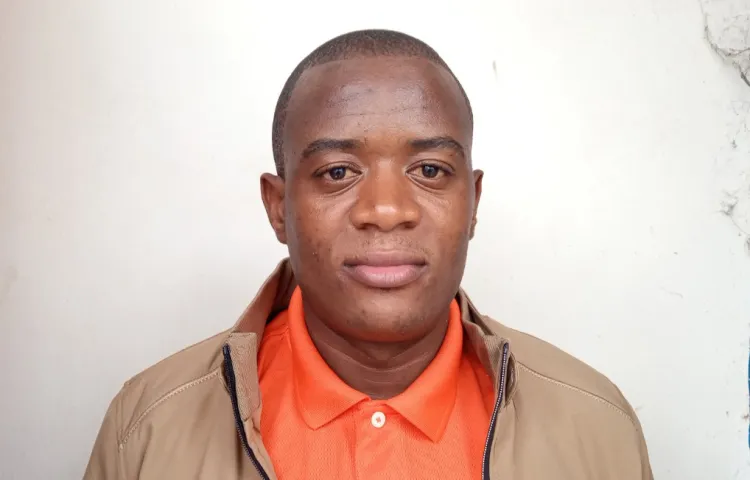
Rwandan journalist Dieudonné Niyonsenga acquitted, released after 11 months in prison
Nairobi, March 15, 2021 — In response to the acquittal and release of Rwandan journalist Dieudonné Niyonsenga and media worker Fidèle Komezusenge, who had been detained since April 2020, the Committee to Protect Journalists issued the following statement: “While it is certainly good news that Dieudonné Niyonsenga and Fidèle Komezusenge have been acquitted and freed…
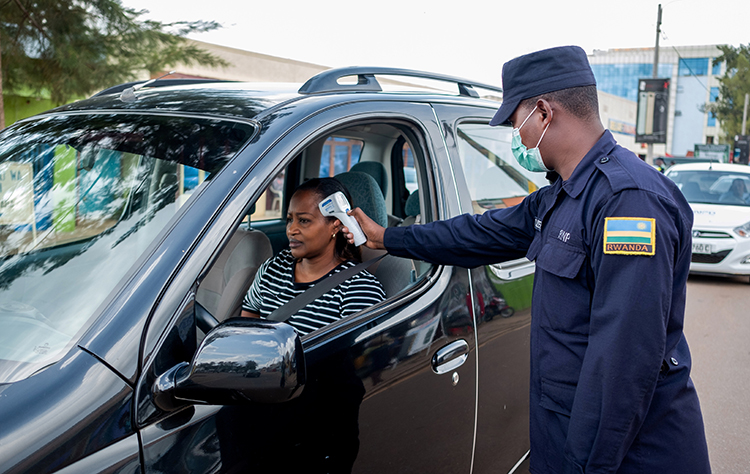
Rwandan journalist, media worker detained since mid-April
Nairobi, May 21, 2020 — Rwandan authorities should unconditionally release journalist Dieudonné Niyonsenga and media worker Fidèle Komezusenge, and ensure the members of press can work without interference during the COVID-19 pandemic, the Committee to Protect Journalists said today.
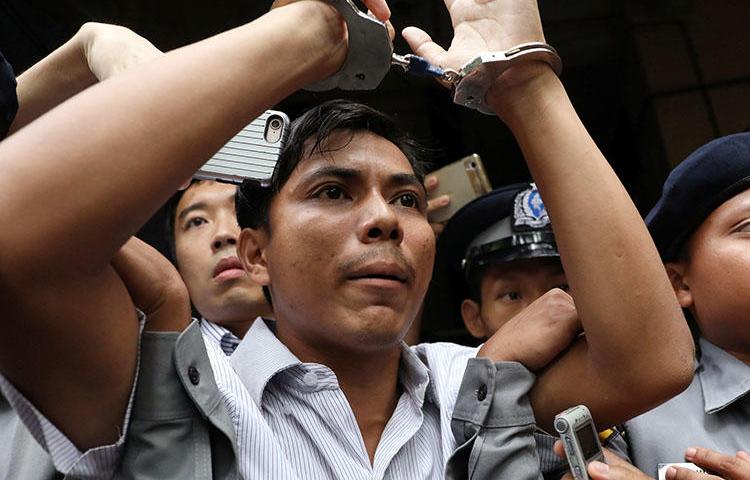
Hundreds of journalists jailed globally becomes the new normal
For the third year in a row, 251 or more journalists are jailed around the world, suggesting the authoritarian approach to critical news coverage is more than a temporary spike. China, Egypt, and Saudi Arabia imprisoned more journalists than last year, and Turkey remained the world’s worst jailer. A CPJ special report by Elana Beiser
Hopes of independent press in Rwanda fade as head of media body flees
Rwanda’s progress towards a more liberal media environment has been short-lived. In May Fred Muvunyi, the head of the Rwanda Media Commission, fled the country for fear of being detained or attacked, and the country’s telecommunications regulator suspended the operation agreement for the BBC’s Great Lakes radio service indefinitely.
Rwandan journalist arrested in Burundi, charged with spying
New York, June 12, 2015–A Rwandan journalist who was arrested in Burundi on Monday has been charged with espionage, according to news reports. The Committee to Protect Journalists calls on Burundian authorities to release the journalist and drop the charge immediately.
Legacy of Rwanda genocide includes media restrictions, self-censorship
Twenty years after massacres, Rwanda stable but its media restricted The Rwandan government has taken great strides in bringing stability to the country since the 1994 genocide that claimed 800,000 lives, but moves to allow greater press freedom have been slow. While government control of the media has loosened, many journalists remain fearful that the…
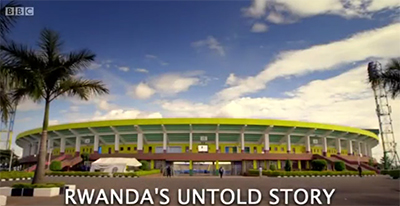
BBC’s Rwanda documentary leads to illogical, illegal suspension
When the BBC released in early October its televised documentary “Rwanda’s Untold Story,” which questioned official accounts of the 1994 genocide, a massive outcry inside and outside Rwanda’s borders ensued. Locals and foreigners alike protested the documentary’s findings, parliamentarians demanded a ban and legal action, and authorities summarily suspended BBC’s vernacular Kinyarwanda news service, the…
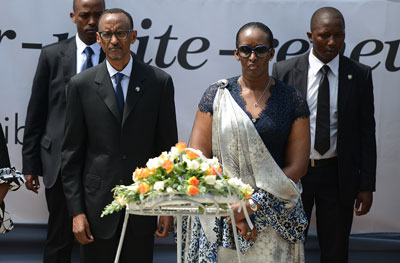
20 years after genocide, Rwanda safe, clean, undemocratic
“Do not forget the genocide,” said the voice of a state broadcast announcer in Kigali crackling through a cheap car radio, referring to the organized slaughter 20 years ago of more than 10 percent of the population. “We are all one now,” he said, speaking in Rwanda’s common language of Kinyarwanda, and meaning that Rwandans…